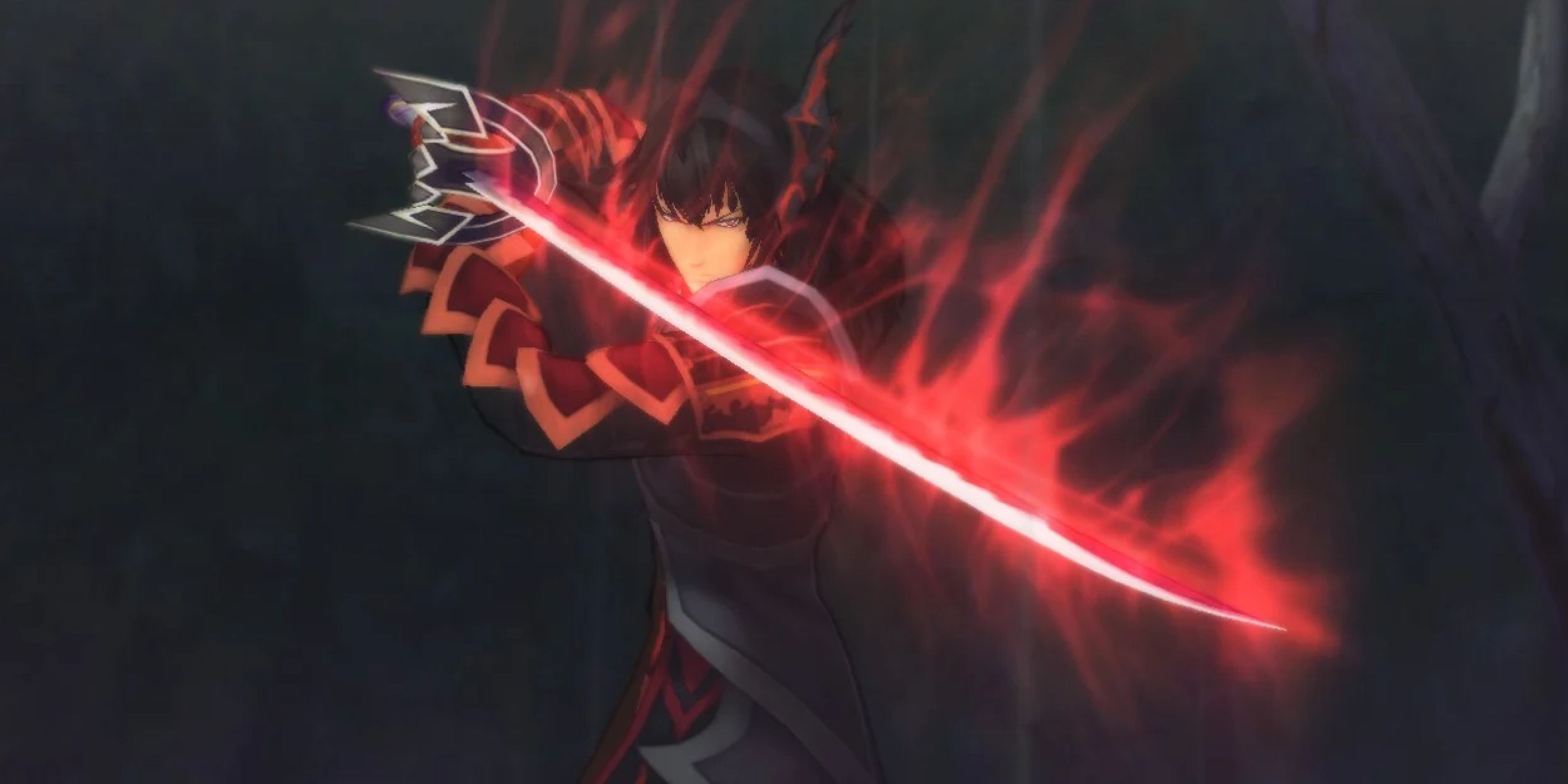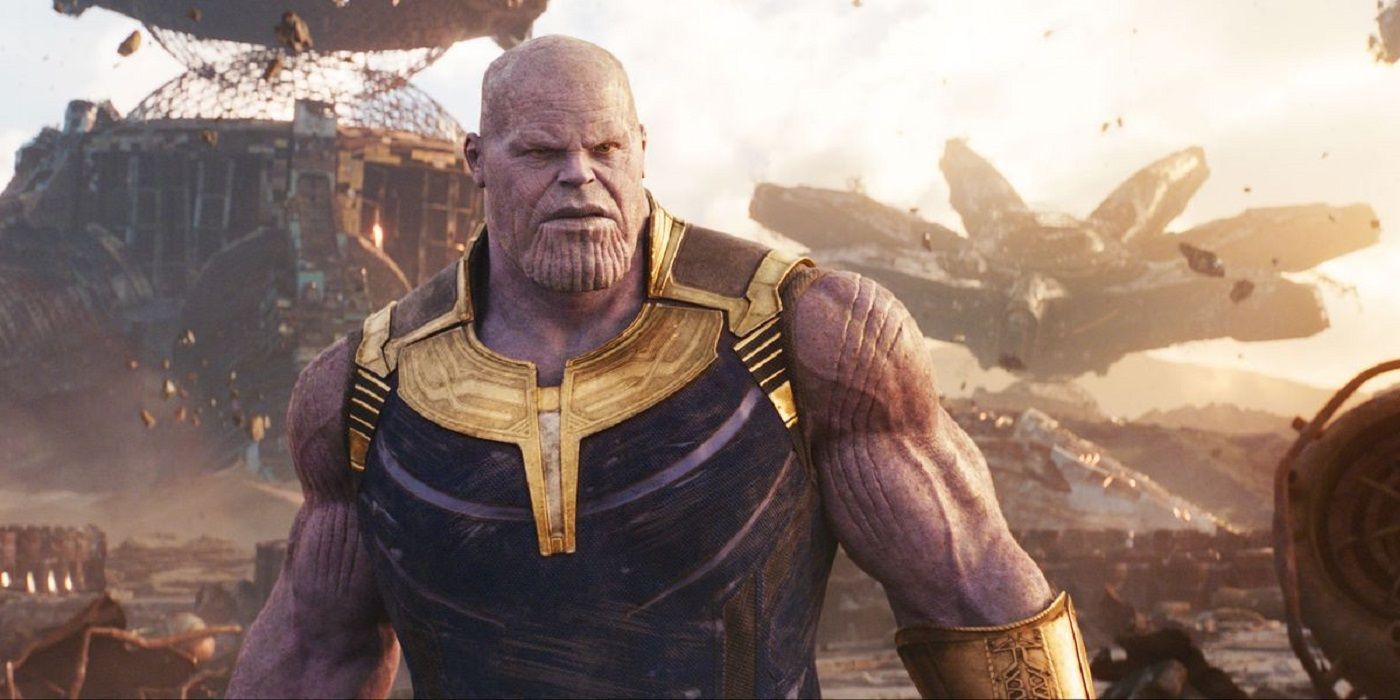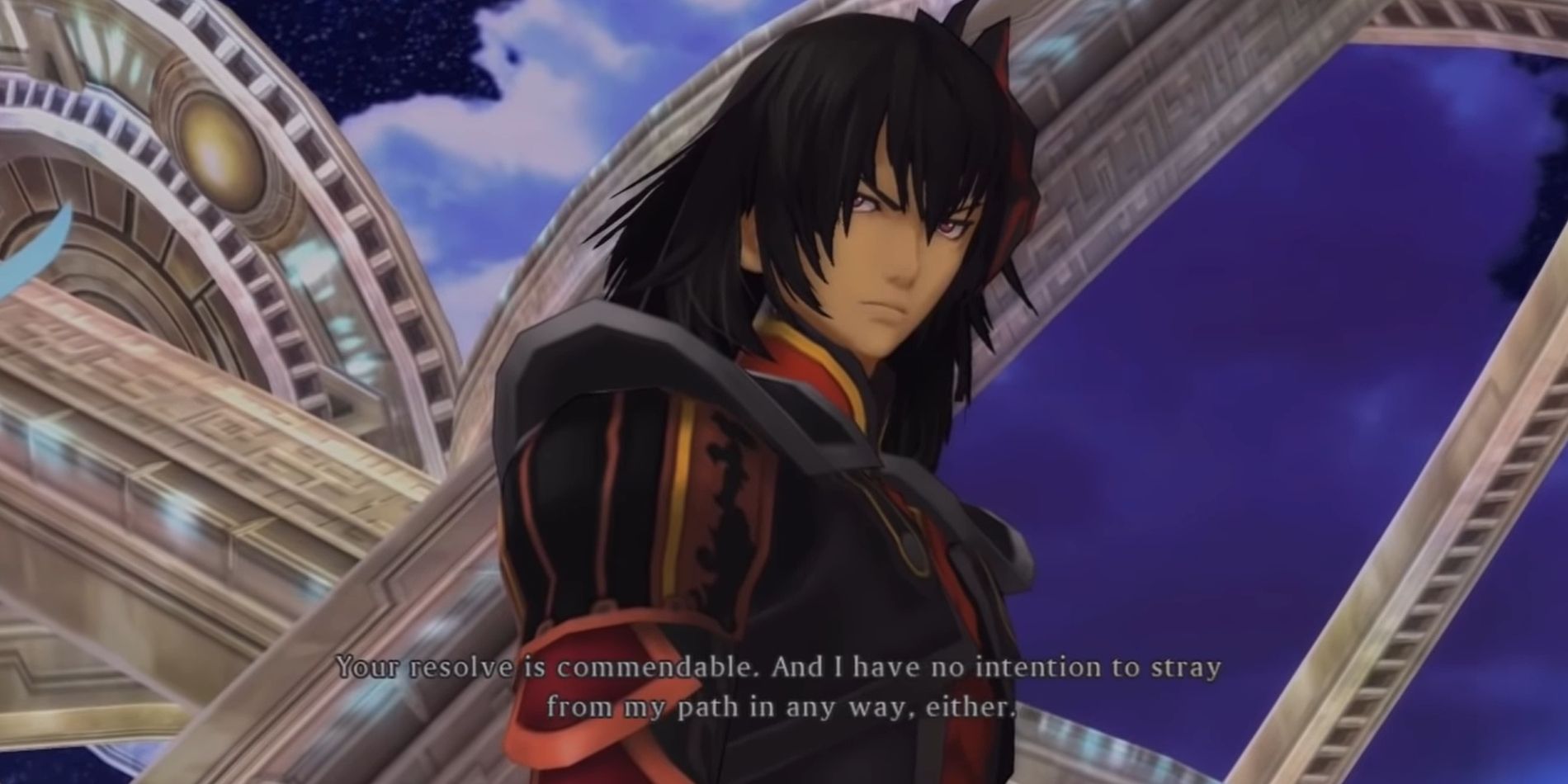
It's indisputable that Thanos is one of the strongest villains in the Marvel Cinematic Universe, but his plan is far more questionable. The Mad Titan believes the universe's resources are running out, and that halving all life in it is the only way to prevent a cosmic ecological collapse -- including plants, animals and the microscopic organisms necessary for life to flourish. Such a cataclysmic extinction event would ravage the universe's ecosystems, dooming its inhabitants instead of saving them.
The plan is problematic, but it's still interesting to contrast Thanos against similar fictional foes. However, out of all the comparable antagonists, Tales of Xillia's Gaius has flown under the radar. His game may not have had the same impact as Avengers: Infinity War, but the commonalities between the two are striking, especially given the 10-year gap between the titles. Both villains are leaders haunted by bloody pasts who are driven by a misguided belief that sacrificing half of all life will save the survivors. Where they differ is in what motivates them, and how those perspectives affect their actions.

The resource shortages that Thanos fears are effectively lifted from the headlines. One needn't look far to find news stories about people suffering from famine, animals having their habitats destroyed or the environmental damage inflicted by global warming. It makes sense, therefore, why a character like Thanos would want to take matters into his own hands.
While his audiences can't speak for the rest of the universe, Planet Earth is practically ablaze. Several species are poised on the brink of extinction, and countries like Australia have already experienced wildfires exacerbated by climate change. Assuming such problems exist throughout the MCU, as Thanos suggests multiple times, his decision to use the Infinity Stones to solve them isn't an inherently terrible idea. The problem is in how he uses them.
Instead of doing something to protect each world's environment, or even doubling the amount of resources to accommodate their populations, he chooses to exterminate half of all life. The problem with this is that killing half of all living creatures would destroy countless societies and ecosystems. Surviving civilized life would fight over what food remained, while lesser-evolved beings could struggle to adapt to their radically-transformed environments.
By contrast, Gaius is also motivated by environmental fears, but he doesn't necessarily regard people as the problem. His story concerns the worlds of Elympios and Rieze Maxia, where the people of the former have all turned their world into deserts through over-reliance on a technology called "spyrix." Unwilling to compromise the quality of life these machines afford, the Elympians conclude that exploiting the fertile Rieze Maxia is the only way to sustain their lives. Gaius, as a Rieze Maxian king, seeks to defend his people from another planet.

Both villains face complete environmental collapse, but their reactions are rather different. Instead of condemning the abundance of people for the resource shortage, Gaius blames the greed that made them resort to imperialism and exploitation. Because of this, he seeks to destroy only the spyrix technology and accumulates powerful weapons of his own to achieve that end. It's a similar, yet more nuanced, plan to the titan's that would better-protect the setting's ecosystems. However, the fact that Elympians also need spyrix for medical purposes still condemns countless innocents to die.
Unlike Thanos, Gaius does not necessarily believe creation will be grateful to him, but continues along his path regardless because he believes it's the only option. Despite this, he remains better-connected to his people because of his desire to protect them, and is even willing to extend that protection to Elympios once the spyrix are destroyed. It's this love for others, despite how it's been twisted, that makes reasoning with him possible. As a result, he spends the sequel trying to atone by living among the people he almost doomed. Thanos, by contrast, reacted violently to the rejection of his plan and showed no true signs of redemptive qualities until What If...?
That being said, while Gaius is perhaps a more nuanced villain, it's debatable whether that alone makes him a better one. Infinity War does a fantastic job of developing Thanos. His presence is phenomenal and his journey to obtain the Stones offers more twists and turns than Gaius' direct development. The king of Rieze Maxia is an interesting antagonist from a series known for featuring great villains, and his story raises a lot of fascinating moral questions. However, when it comes to who's the most-effective villain threat, there's little doubt that Marvel's titan triumphs.
0 Comments